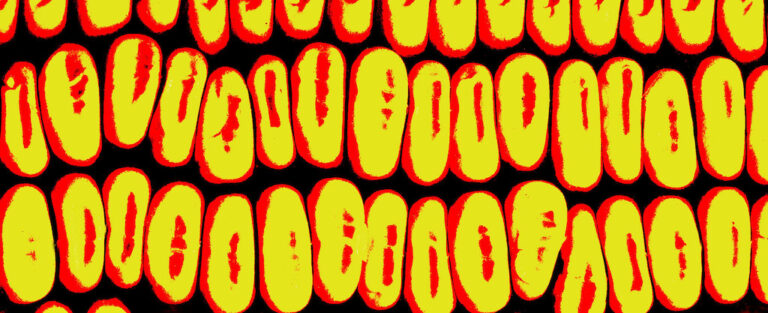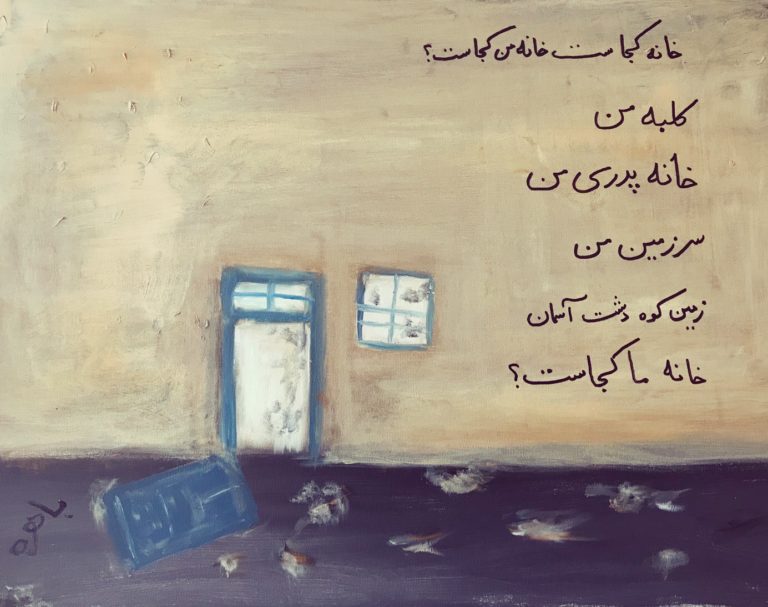Tehrangeles Dreaming is the first book about the Tehrangeles music industry, that is, the Iranian diaspora music industry brought to life by the expatriate Iranian artists and music producers who settled in Los Angeles and Southern California after the 1979 Iranian revolution. Farzaneh Hemmasi uses an ethnographic approach in combination with an analysis of diaspora media discourse in order to “examine expatriate imaginations of influence on, and intimacy with, their global Iranian audiences” (26). At its core, the book deals with the imagining and reimagining of Iranian identity by the artistic community that creates music and media content for Iranians in Iran and across the world.
Keyword: Iranian Americans
Troubling the Home/Land in Showtime’s Homeland: The Ghost of 1979 and the Haunting Presence of Iran in the American Imaginary
In my close reading of the drama series Homeland, I illustrate how the divisive pull between “fascination and contempt, desire and disgust” as well as the “simultaneous embracing and disavowal” that cultural critics argue define Iranian Americanness become embodied in the character Fara, a young Muslim Iranian American woman recruited into the CIA for her language and technical skills. This essay asks, among other questions: what does it mean to have anxiety over your birthplace or ancestral homeland? What does a “simultaneous embracing and disavowal” do to a person over time? I argue that as a consequence of how her body is read, Fara is continually denied access to a home and a land and ultimately becomes discarded after performing her role as an agent of the state apparatus. In addition, this essay considers how the ghost of the Iranian hostage crisis of 1979 is frequently invited to speak as an origins myth for contact between the US and Iran that subsequently shapes the lived realities of Iranian Americans nearly forty years later.

